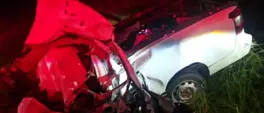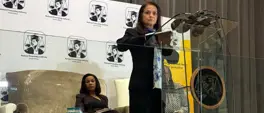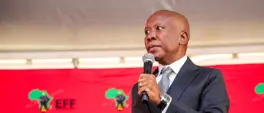Legitimate lion bone markets reduce poaching risk, says Wildlife Ranching SA CEO
Keely Goodall
8 October 2025 | 6:55The Department of Forestry, Fishery and the Environment will no longer permit the export of lion bones.

Picture: Pixabay.com
The Department of Forestry, Fishery and the Environment has set the quota for lion bone and its derivatives exports to zero.
Between 2010 and 2019, more than 7,400 lion skeletons were exported from South Africa, with the export quota reaching as high as 1,500 skeletons in some years.
Conservationists have been campaigning for years to shut down this practice and the breeding of lions.
The decision is likely to end up in court, as lion breeders claim they should have a legal right to sell products they produce and argue they have millions of dollars’ worth of stockpiled skeletons.
Richard York, the CEO of Wildlife Ranching South Africa, states that the export market is vital for ranchers to protect lion populations in South Africa.
Because of the role farmers play in looking after lions in South Africa, we've actually got a lion population that is exceptionally well secured and looked after," he explains.
He states that having a legal market for lion bones significantly decreases the likelihood of lions being poached for their bones.
To listen to Richard York, CEO for Wildlife Ranching South Africa in conversation with John Perlman on 702’s Afternoon Drive show, click on the audio below:
Get the whole picture 💡
Take a look at the topic timeline for all related articles.
















